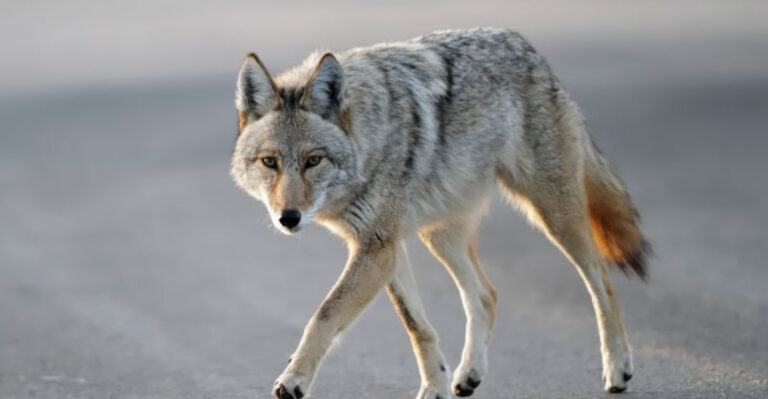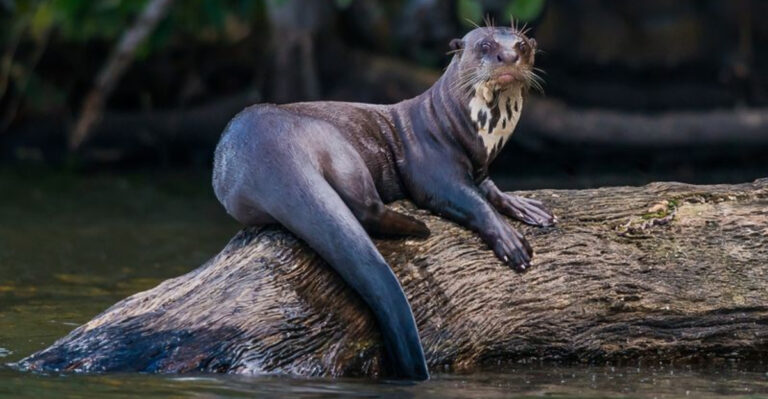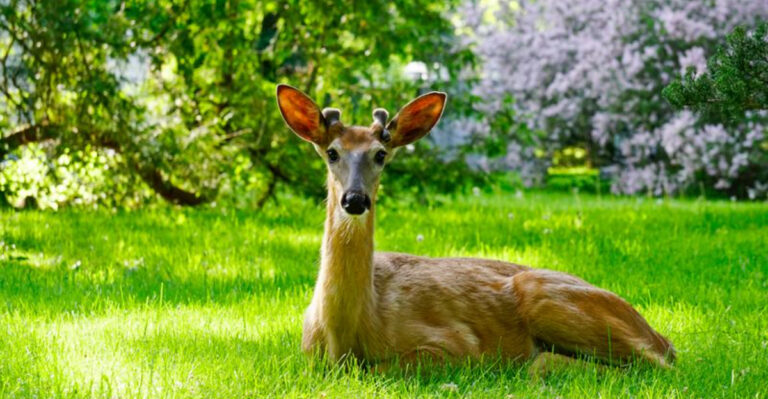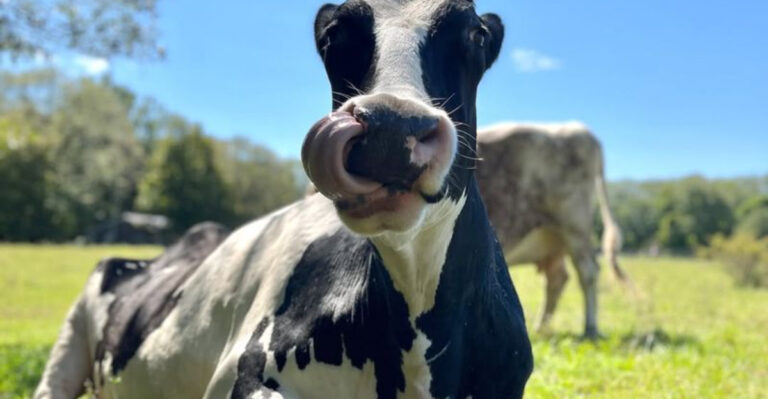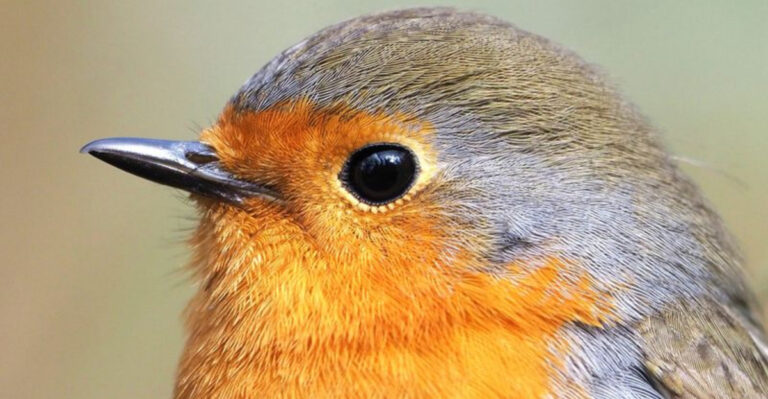Experts Urge You To Leave Bird Nests Alone For Their Protection
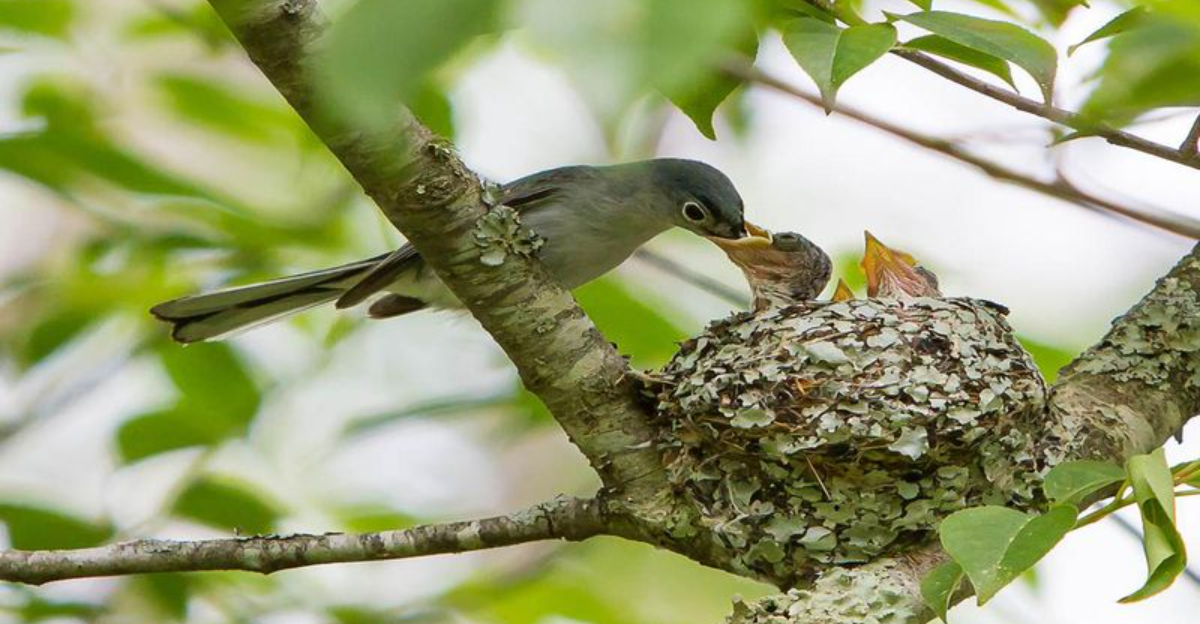
Finding a bird nest might spark your curiosity and tempt you to take a closer look. However, wildlife experts strongly advise against disturbing these natural homes.
Bird nests represent crucial shelters where new life begins, and even well-intentioned human interaction can cause serious harm to birds and their young.
1. Protecting Young Birds
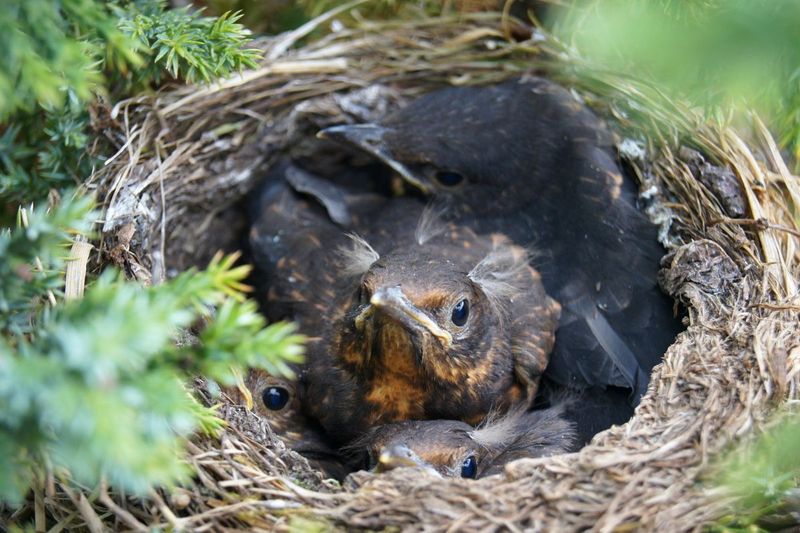
Young birds rely completely on their parents for survival. When humans handle or disturb a nest, parent birds may detect unfamiliar scents or perceive danger.
This often leads to nest abandonment, leaving vulnerable chicks without food, warmth, or protection. The survival rate of abandoned nestlings is devastatingly low in nature.
2. Avoiding Stress For Parent Birds
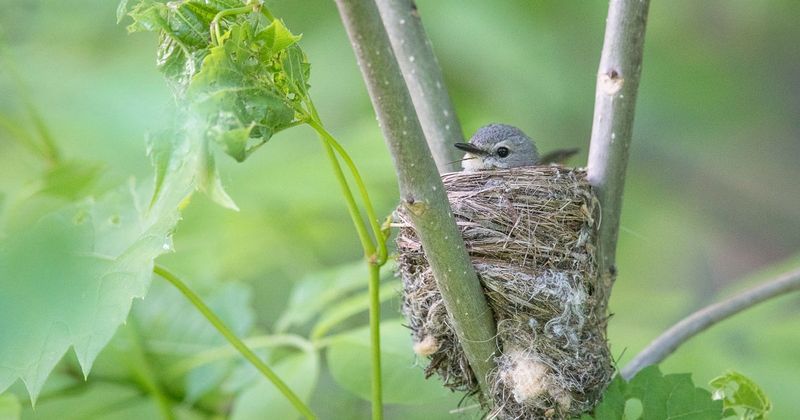
Parent birds experience significant stress when humans approach their nests. This stress triggers their flight instinct, causing them to flee and potentially abandon their offspring permanently.
Even brief human visits can create enough anxiety to disrupt normal feeding patterns. Birds need calm environments to successfully raise their young.
3. Preventing Human-Borne Disease Transmission
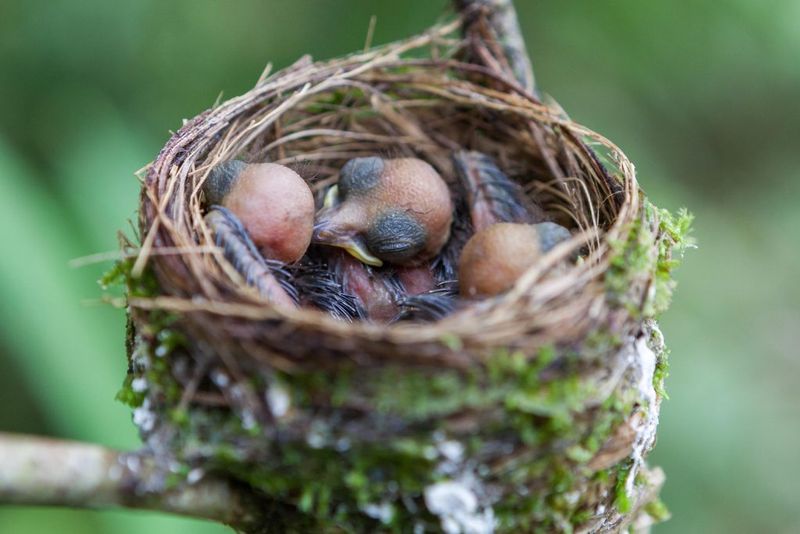
Our hands carry bacteria, viruses, and chemicals invisible to the naked eye. These microscopic threats can transfer to birds through direct contact with nests or eggs.
Birds have different immune systems than humans and can’t fight off many of our common germs. A simple touch might introduce deadly pathogens to an entire nest of vulnerable birds.
4. Maintaining The Natural Balance
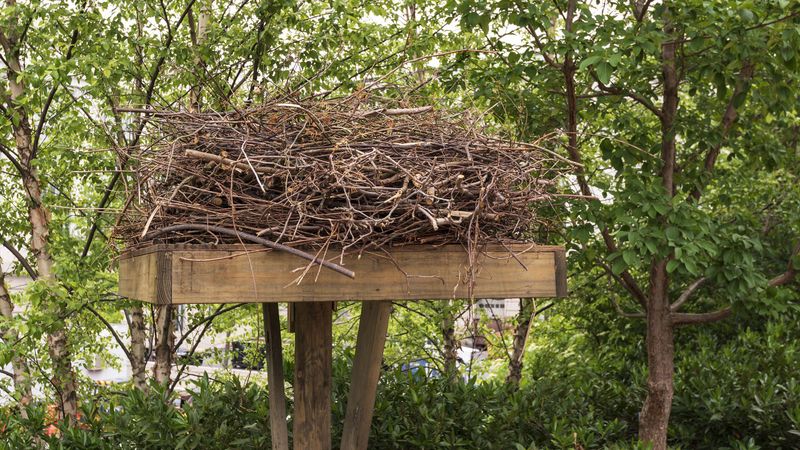
Birds play vital roles in ecosystems as pollinators, seed dispersers, and insect controllers. Each successful nest contributes to maintaining these ecological functions.
When we interfere with nesting success, we inadvertently disrupt natural processes. Even small disruptions can ripple through food webs, affecting multiple species beyond just the birds themselves.
5. Eggs Are Delicate
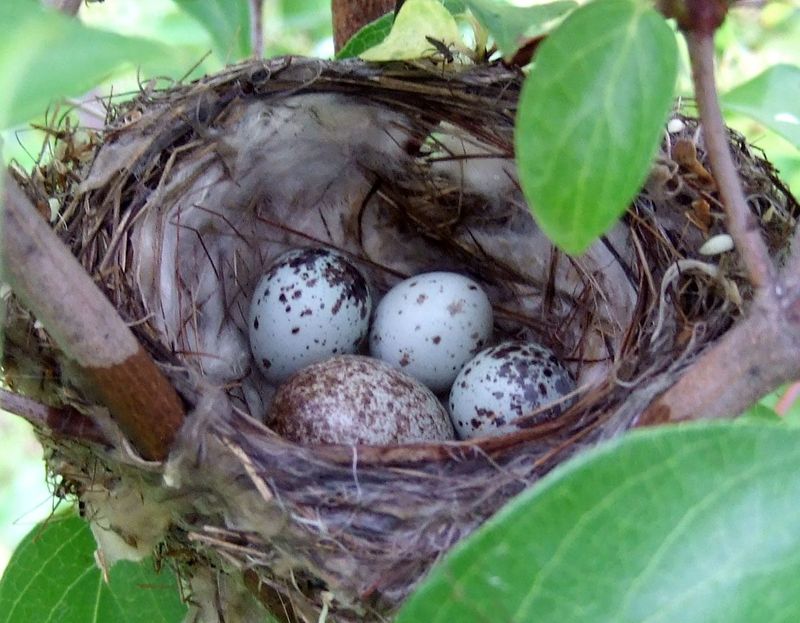
Bird eggs have incredibly thin shells designed to allow gas exchange while protecting developing embryos. Human fingers can easily damage these delicate structures without meaning to.
Oils from human skin can penetrate eggshells, blocking essential pores. Even the gentlest handling risks creating hairline fractures that doom the developing chick inside.
6. Legal Protections
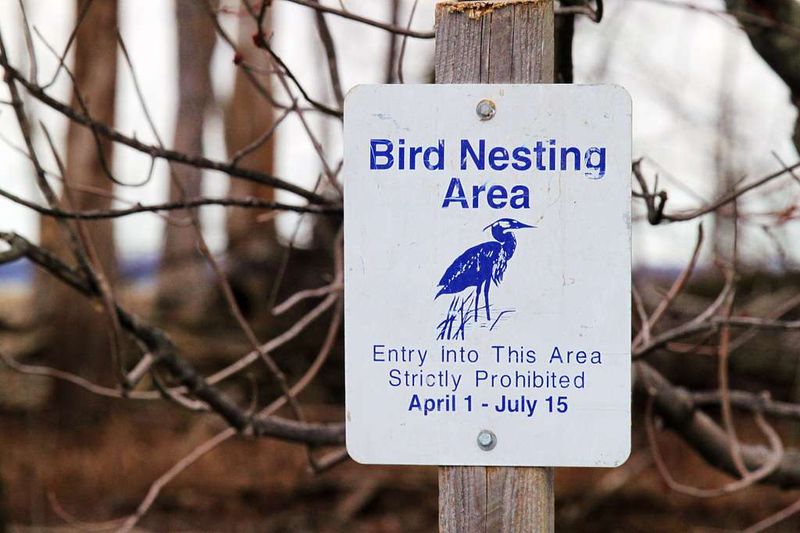
Most bird species enjoy legal protection under laws like the Migratory Bird Treaty Act. These regulations make it illegal to possess, transport, or disturb nests, eggs, and feathers of protected species.
Violations can result in substantial fines and even criminal charges. Wildlife protection laws exist specifically to prevent human interference with critical nesting activities.
7. Preventing Nest Destruction
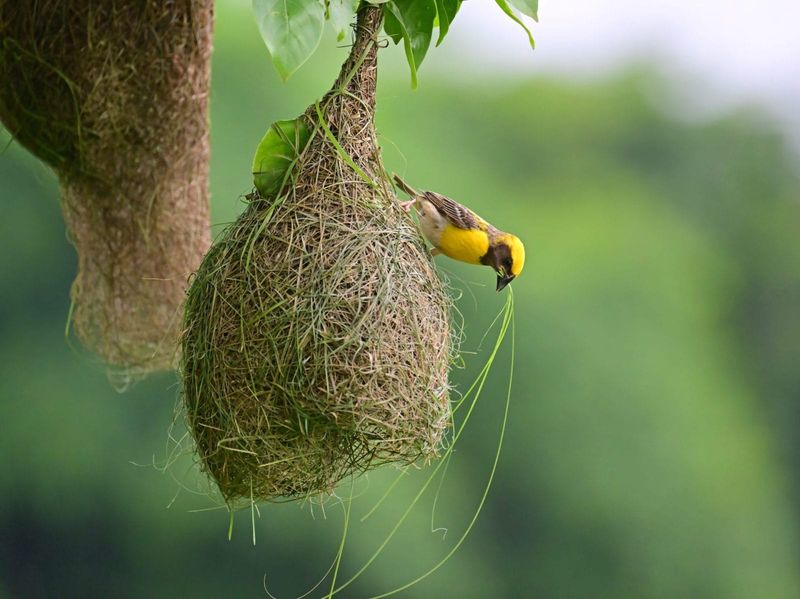
Bird nests represent architectural marvels, carefully constructed to withstand natural elements. However, they’re not built to endure human handling.
Moving a nest, even slightly, can compromise its structural integrity. What seems like a minor adjustment to us might create fatal exposure to rain, wind, or predators for the vulnerable occupants.
8. Encouraging Birds To Abandon The Nest
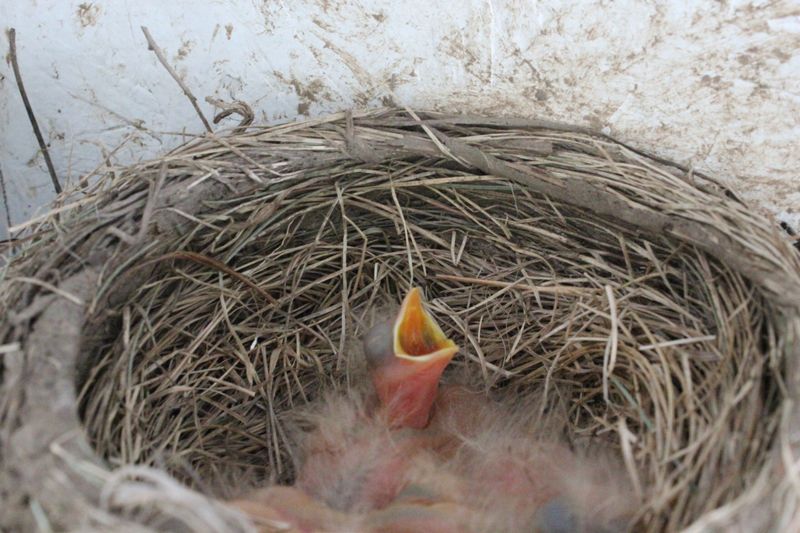
Birds possess remarkably sensitive instincts that help them detect potential threats. Many species can detect human scents or changes to their nest environment.
A single visit from a curious human often triggers permanent abandonment. Mother birds make split-second decisions about nest safety, and human presence typically signals danger they won’t risk.
9. Parental Involvement Is Crucial
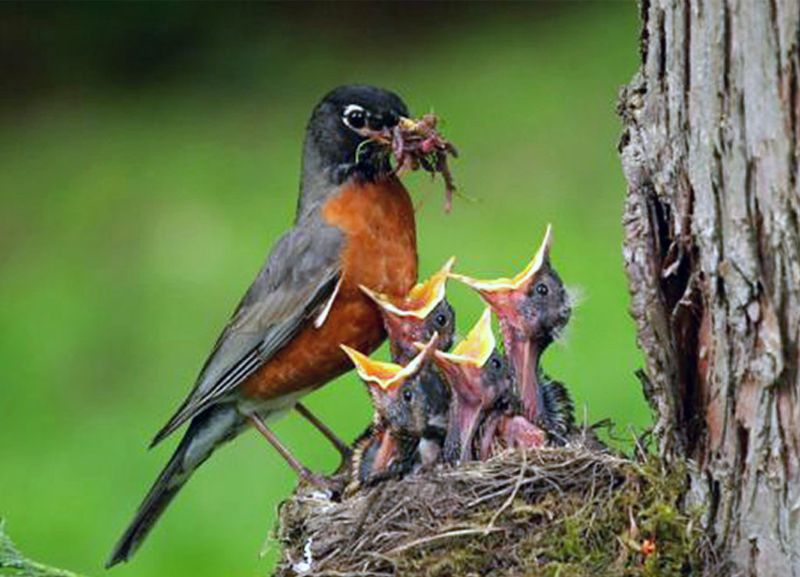
Baby birds require constant care that only their parents can provide properly. They need specific diets, feeding techniques, and temperature regulation that humans cannot replicate.
Parent birds also teach crucial survival skills through example. Without this natural upbringing, even birds raised by well-meaning humans struggle to develop normal behaviors necessary for survival in the wild.
10. Avoiding The Spread Of Harmful Chemicals
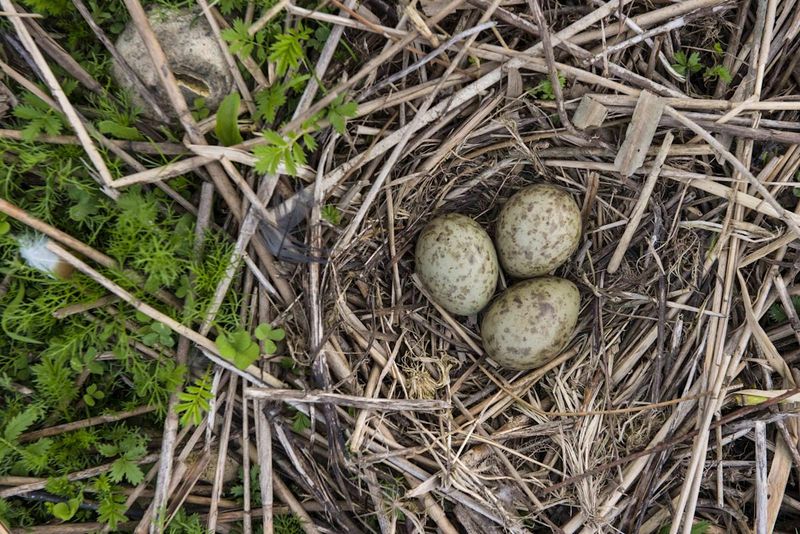
Modern life exposes us to countless chemicals from soaps, lotions, insect repellents, and cleaning products. These substances linger on our skin and can transfer to nests.
Birds have extremely sensitive respiratory systems and absorb chemicals readily. Residues we can’t even detect might cause respiratory distress, developmental problems, or death in birds.
11. Maintaining Healthy Bird Populations
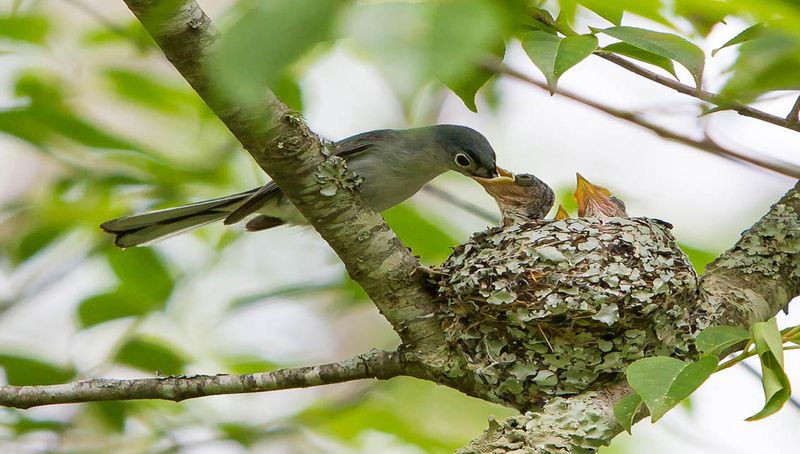
Many bird species face declining populations due to habitat loss, climate change, and other human activities. Every successful nest represents hope for species continuation.
Conservation efforts focus on protecting natural breeding processes. By respecting nest sites and keeping our distance, we contribute directly to bird conservation and biodiversity preservation.
12. Preventing Unintended Harm To Other Species
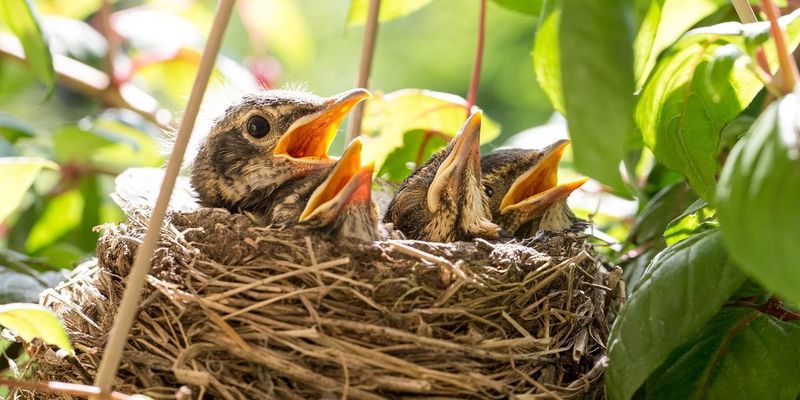
Bird nests often host complex mini-ecosystems. Beneficial insects, symbiotic fungi, and other organisms may live within nest materials, creating a balanced microhabitat.
Disturbing nests disrupts these relationships. What seems like a simple peek can unintentionally harm multiple species and break ecological connections that benefit the entire natural community.
13. Allowing Natural Processes To Occur
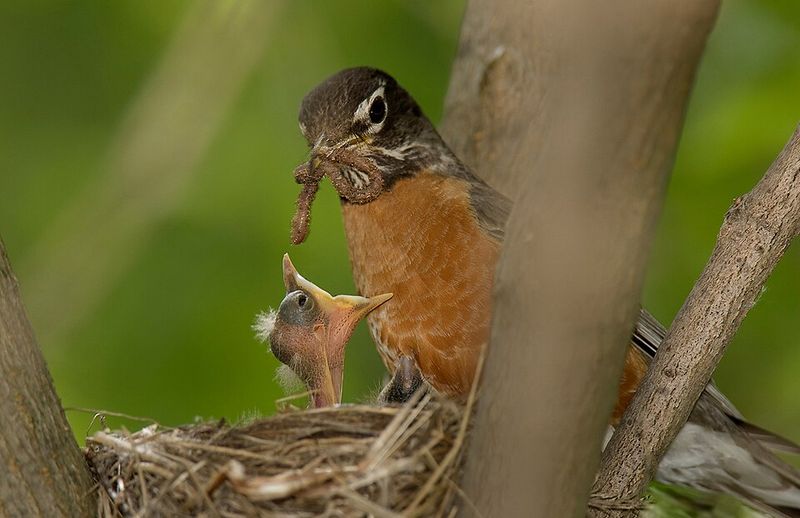
Evolution has perfected bird nesting behaviors over millions of years. Parent birds instinctively know where to build, how to incubate, and when to feed their young.
Human intervention, however well-intentioned, typically interferes with these finely-tuned processes. The best support we can offer wild birds is respectful distance and protection of their habitats.

